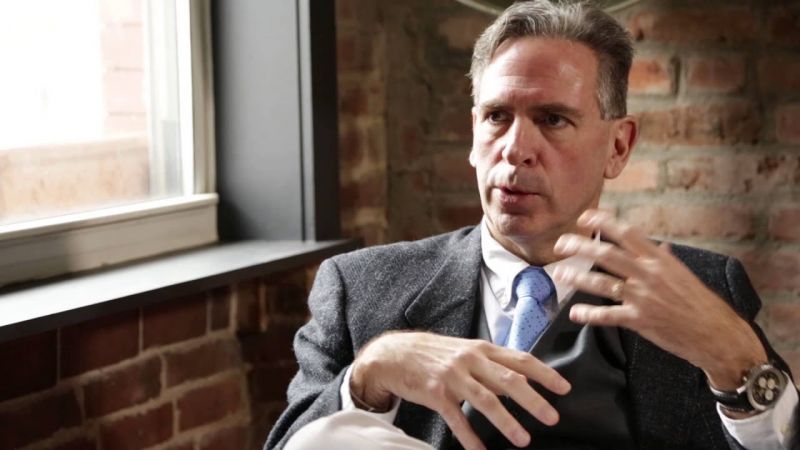Intrusive Thoughts, Pure O and More with Dr. Steven Phillipson, PH.D.
An in-depth interview that covers life with intrusive thoughts, the science of OCD, ERP therapy, OCD in children, mindful living, and treatment methods.
Written by Jana K. Hoffman
01 Dr. Steven Phillipson has been an expert on OCD for over 30 years and coined the term Pure O.
02 Pure O can be defined as OCD without compulsive behaviors.
03 Everyone experiences intrusive thoughts but for those with OCD these thoughts can be debilitating.
04 Exposure and Response Prevention (ERP) Therapy can be used to treat OCD and consists of exposing sufferers to their intrusive thoughts.
05 Mindful living can have positive impacts on OCD sufferers and aid in treatments.

OCD3: Dr. Phillipson Talks Science, Symptoms & Treatment of OCD
In an exclusive one-on-one interview, founder Aaron Harvey sat down with leading clinical psychologist Dr. Steven Phillipson in New York City to talk more about his studies and the ways in which it became a personal passion.
The in-depth interview covers a variety of critical topics and offers a wealth of insights related to OCD and intrusive thoughts including:
Life with Intrusive Thoughts
Everyone experiences unwanted thoughts. For someone with OCD, intrusive thoughts could become debilitating. There are three main themes of intrusive thoughts: Violence, Sex and Religion. Because the brain is so creative, there is no limit to the types of intrusive thoughts one might experience.
The Science of OCD
Dr. Phillipson studies the Amygdala. For someone with intrusive thoughts, the place where these thoughts are created is not from a part of the brain that reflects character development or autonomous decision making. Instead, the space where they enter the mind is a part of the brain where you define yourself. This process is what makes intrusive thoughts seem so contrary to who you are as person.
Pure O vs. OCD
OCD without the resulting compulsions can be called Pure O. Dr. Phillipson was the first clinical psychologist in NYC to host group OCD therapy sessions and coined the term after listening to a number of his patients who had OCD but didn’t have observable rituals. They experienced “non-observable” rituals.
Exposure and Response Prevention (ERP) Therapy
Exposure and Response Prevention therapy is a type of treatment that could be used for intrusive thoughts. You must consult with a licensed practitioner to determine if ERP is the right treatment for you. Essentially, ERP challenges you to expose yourself in varying degrees to the intrusive thought. As part of the therapy, your goal is to not react or obsess over the thought.
OCD in Children
OCD is a genetic disorder. If one parent has OCD, there’s a 15-20% chance that his/her child will also have OCD. If both parents have OCD, there’s a 50% chance that their child will also have OCD. Children ages 3-7 are beginning to develop the rules of their world, which might be confused with OCD behavior. If you notice your child displaying OCD behaviors, it’s important to have an open dialogue beginning around age 9. Parents hold the power to set their child up for success.
Mindful Living
Dr. Phillipson confirms that aspects of mindful living, including a healthy diet, exercise and meditation, could have positive impacts on your lifestyle and aid in treatments as chosen by a licensed professional.
Dr. Steven Phillipson has specialized in Cognitive Behavioral Treatment (CBT) for OCD since 1986. He’s the author of the renowned article “Thinking the Unthinkable.” He and a colleague were the first to offer a support group specifically for OCD sufferers in the greater New York area. Learn more about his accomplishments, studies and offerings at http://www.ocdonline.com/.
If you believe intrusive thoughts could be affecting your ability to lead a normal life, contact a local psychologist to start on your personal path toward healing.
About the author
Jana Hoffman is a writer, editor and storyteller based in San Francisco. She is currently working as a copywriter at the Chan Zuckerberg Initiative. Outside of work, she is a trained volunteer for Crisis Text Line and has been open about her experiences with mental health.
Support our work
We’re on a mission to change how the world perceives mental health.



















